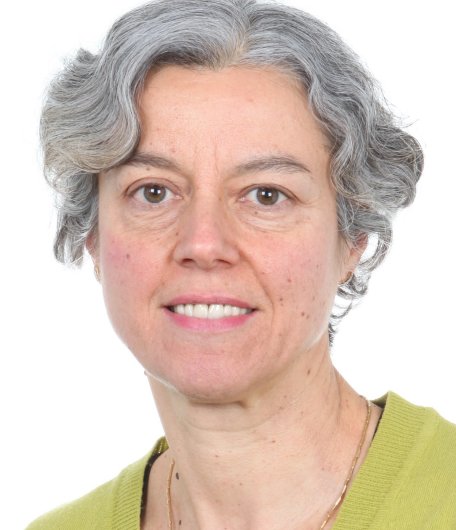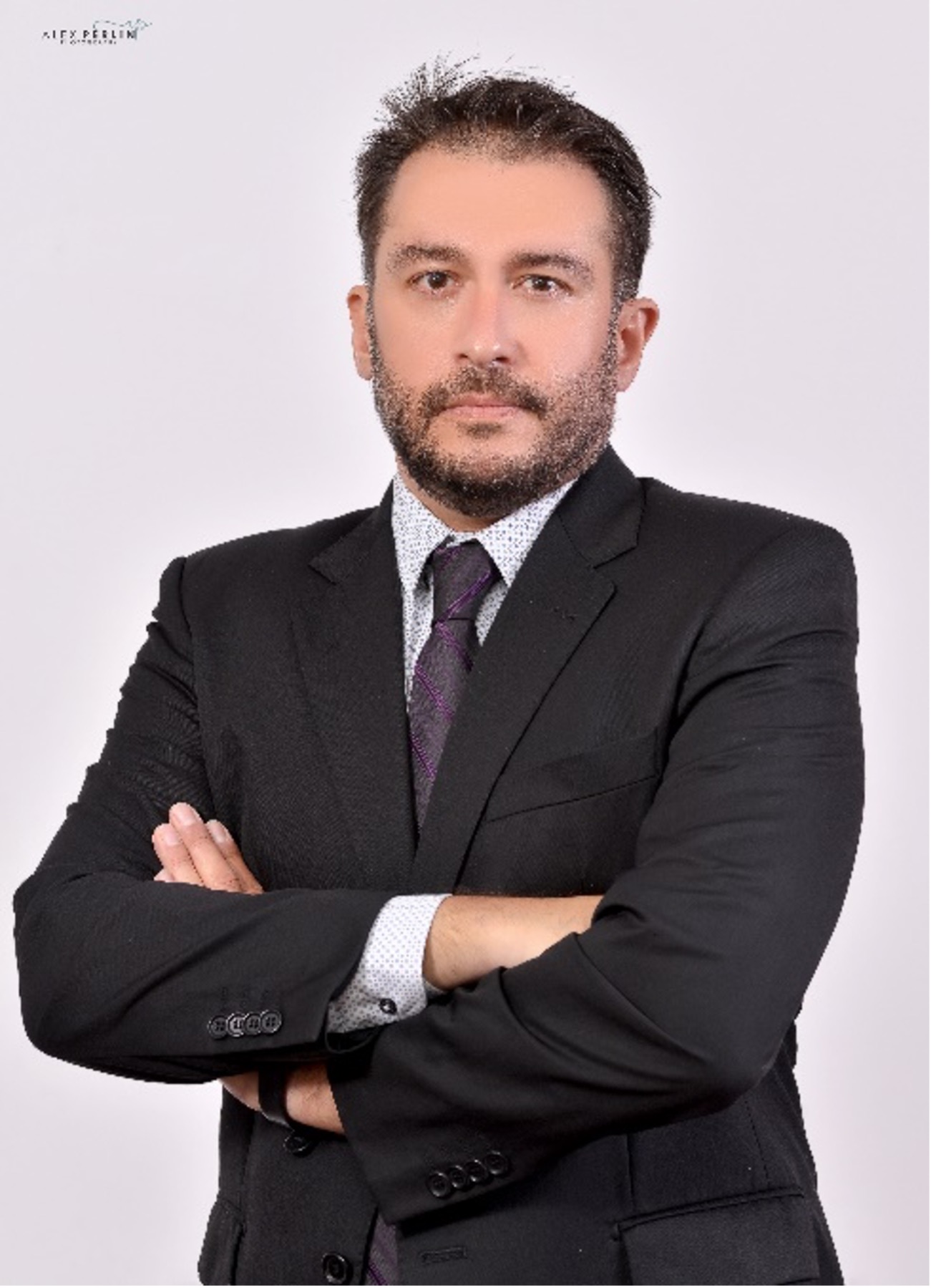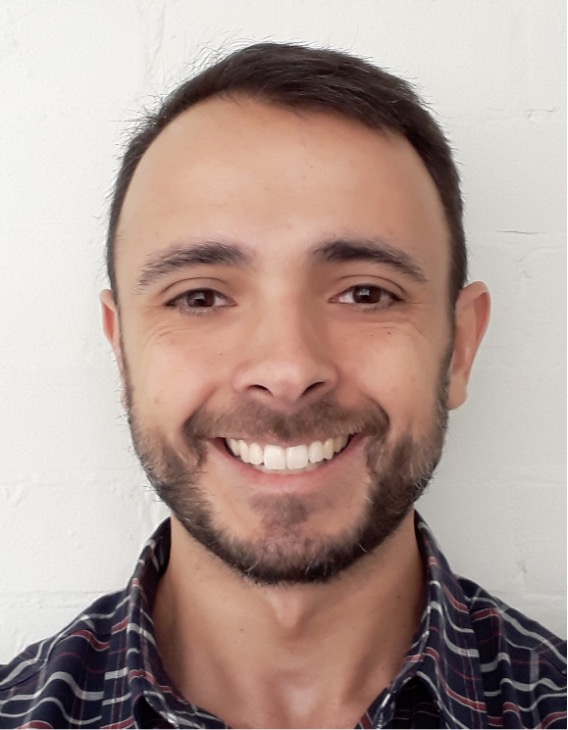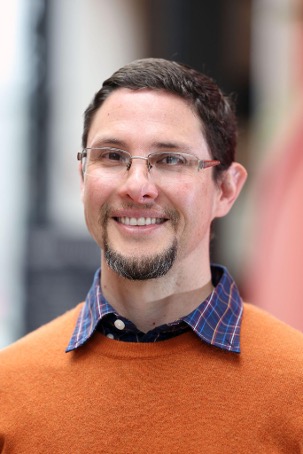Jacqueline H. Chen
Sandia National Laboratories, USASenior Scientist

Senior Scientist
Exascale computing and data science towards utilization of alternative fuels for transportation and power
Keynote abstract: Providing alternative energy for transportation and power generation is critical as demand for baseload energy continues to increase. Dispatchable energy generation with a lower carbon footprint will require innovative fuels from different feedstocks and the development of energy technologies for their efficient utilization while reducing harmful emissions. High performance computing at the exascale has enabled first principles direct numerical simulation to address many of the challenges associated with combustion of alternative fuels. In this presentation, first, DNS of the turbulent burning rate of hydrogen and hydrogen/ammonia blends with increasing pressure will be discussed along with a rich-quench-lean (RQL) strategy to mitigate NO and N2O emissions. Second, DNS of flame stabilization utilizing sustainable aviation fuels in a laboratory-scale aeroengine combustor will be discussed.
To reduce the computational cost of DNS of turbulent combustion with detailed chemistry, reduced order surrogate models (ROMS) for chemical species dimension reduction on-the-fly will be described. In particular, recent results obtained with scalable rank adaptive ROM with time-dependent bases will be presented.
Bio: Jacqueline H. Chen is a Senior Scientist at the Combustion Research Facility at Sandia National Laboratories. She has contributed broadly to research in turbulent combustion elucidating ‘turbulence-chemistry’ interactions in combustion through direct numerical simulations. To achieve scalable performance of DNS on heterogeneous computer architectures she led an interdisciplinary team of computer scientists, applied mathematicians and computational scientists to develop an exascale direct numerical simulation capability for turbulent reactive flows with complex chemistry and multi-physics. She has also contributed to reduced order modeling to accelerate DNS with complex chemistry. She is a member of the United States National Academy of Engineering and a Fellow of the Combustion Institute and the American Physical Society. She is an Associate Fellow of the AIAA.

Professor of Engineering
Optical diagnostics for combustion and reacting flows
Keynote abstract: This lecture will cover principles of optical diagnostics and reacting flows, with a focus on understanding how to select appropriate measurements for the questions to be answered. The lecture will cover the fundamentals of optical diagnostics and their uses, including those appropriate for velocity (particle image velocimetry, laser doppler anemometry) and species measurements. Among the latter, we will discuss line of sight absorption, Raman and coherent Raman measurements, with references on emerging techniques for non-linear spectroscopy, laser-induced incandescence and laser-induced grating spectroscopy.
Bio: Simone Hochgreb is a Professor of Engineering at the University of Cambridge. Her main research interests are in understanding processes in combustion and reacting flows, as relevant to power conversion and industrial processes. She has co-authored around 200 journal publications in engine and gas turbine combustion, reacting flows, measurement methods and thermoacoustics.
Her recent interests are in the application of optical diagnostics to the measurements of temperatures and species in turbulent flames, hydrogen combustion, thermoacoustics, aerosols and flame synthesis. She is a Fellow of the Combustion Institute, and of the Royal Aeronautical Society, and Distinguished Fellow of the International Institute of Acoustics and Vibration.
She holds a BSc in Mechanical Engineering from the University of São Paulo, and a PhD in Mechanical and Aerospace Engineering from Princeton University.

Associate Professor
The Future of Biofuels in Internal Combustion Engines
Keynote abstract: With biofuels already integrated into the energy landscape, their broader adoption in internal combustion engines (ICEs) presents a key opportunity for reducing emissions and enhancing sustainability. This keynote lecture will explore the evolving landscape of biofuels, highlighting their potential to reduce carbon emissions while ensuring energy security and technological feasibility. The lecture will provide a comprehensive analysis of various biofuels, emphasizing their combustion properties, efficiency, and environmental impact. Special focus will be placed on the advancements in biofuels that enhance performance and compatibility with existing fuel infrastructure. Additionally, the implications of biofuel adoption on engine performance, long-term durability, and emissions regulations will be discussed. This session will provide a broad perspective on the role of biofuels in the transition to cleaner transportation solutions. The discussion will also explore policy frameworks, industry trends, and technological innovations that can drive the large-scale adoption of biofuels in ICEs. Furthermore, experimental fuel test data will be provided to support the analysis and highlight key performance metrics. By offering insights into fuel optim ization, sustainability challenges, and future research directions, this keynote aims to equip academic researchers, industry professionals, and policymakers with the knowledge necessary to navigate the future of low-carbon combustion technologies.
Bio: Prof. Mario Eduardo Santos Martins, PhD, is an associate professor at the Federal University of Santa Maria, Brazil, where he conducts teaching and research activities, being the leader of the Engines, Fuels and Emissions Research Group. His industrial experience includes companies such as Sygma Motors and Volkswagen Trucks and Buses of Brazil.
He is a Mechanical Engineer Graduate, with a PhD in Combustion Engines obtained at Brunel University, West London. His research activities include alternative fuels and novel combustion modes, HCCI, RCCI, engine testing and simulation, as well as development and design of new engine concepts. He has published more than 80 technical papers and has been granted various projects from industry and founding agencies.

Assistant Professor
Ignition and burning of wooden structures exposed to radiation heat from flames and firebrands
Keynote abstract: The world is suffering from wildland fires more than ever. Besides being an environmental issue, emitting tons of greenhouse gases and burning millions of hectares of forests, grasslands, shrublands and crops, it is also a societal issue when it reaches the urban interface, getting close to communities and eventually leading to both human and property losses. This is known as Wildland Urban Interface (WUI) fires. There are three main fire spread mechanisms in WUI fires: flame direct-contact, incident radiation coming from nearby flames, and exposure to firebrand showers. This keynote will focus on the ignition and subsequent burning of wooden structures when exposed to thermal radiation from nearby flames and firebrand showers, both originated in wildland fires. The main physical phenomena will be introduced, along with past and current experiments and modeling developed to tackle this environmental-societal extreme issue.
Bio: Felipe Centeno has been an Assistant Professor at the Federal University of Rio Grande do Sul (UFRGS / Brazil) since 2015. He obtained his PhD from the same university in 2014 and he was a visiting researcher at the Edinburgh Fire Research Centre (The University of Edinburgh) in 2019. His research interests span from fundamental studies to applied engineering, focusing on fire safety and science related to compartment fires, building fires, urban fires, industrial fires, wildland fires, and wildland-urban-interface (WUI) fires. Prof. Centeno utilizes theoretical, experimental and computational methods in his research.

Cardiff University
Ammonia for Power
Keynote abstract: A hydrogen economy has been the focus of researchers and developers over decades. However, the complexity of moving and storing hydrogen has always been a major obstacle to deploy the concept. Therefore, other materials can be employed to improve handling whilst reducing cost over long distances and long storage periods. Ammonia, a molecule with high hydrogen content, can be used to store and distribute hydrogen easily, as the molecule has been employed for more than 150 years for fertilizing purposes. Being a carbon-free chemical, ammonia (NH3) has the potential to support a hydrogen transition thus decarbonising transport, power and industries. Further, using ammonia directly can reduce costs and cycle inefficiencies. However, the complexity of using ammonia for power and heat generation relays on the appropriate use of the chemical to reach high power outputs combined with low emission profiles. Gas turbines, internal combustion engines, boilers and furnaces are currently under scrutiny for the direct use of ammonia as a fuel. Expertise on the subject is increasing and several units, at various scales, are being tested to progress in the utilization of the chemical in an efficient, stable and low polluting manner. However, progress comes with several challenges. Therefore, this presentation highlights some global research that has taken place to understand the features of ammonia blends for power and heating whilst addressing challenges at various power scales for units that will support the transition to carbon-free fuelling in these sectors.
Bio: Professor Agustin Valera-Medina graduated from UNAM (Mexico) and Cardiff University (UK). He has participated as PI/Co-I on 33 industrial projects with multi-nationals including PEMEX, Rolls-Royce, Siemens, Ricardo, Airbus and FloGas (>£38M). He has published 231 papers (h-index 44), 127 of these specifically concerning ammonia power. He is currently PI of various projects (SAFE-AGT, FLEXnCONFU, MariNH3, OceanREFuel, CAIPIRINH3A, etc.) to demonstrate ammonia power in turbine engines, Internal Combustion Engines, boilers and furnaces. He has been part of various scientific boards, chairing sessions in international conferences and moderating large industrial panels on the topic of “Ammonia for Direct Use”. He has supported two Royal Society Policy Briefings related to the use of ammonia as energy vector, and he is the principal author of the books “Techno-economic challenges of ammonia as energy vector” and “Ammonia Combustion Applications in Energy Systems”. He is Co-Director of the Institute of Net Zero Innovation and Director of the Centre of Excellence on Ammonia Technologies (CEAT) at Cardiff University. He is the UK Chair at the ISO PSE/27 WG15 “Ammonia Firing”, and a Fellow of the Learned Society of Wales (2024).